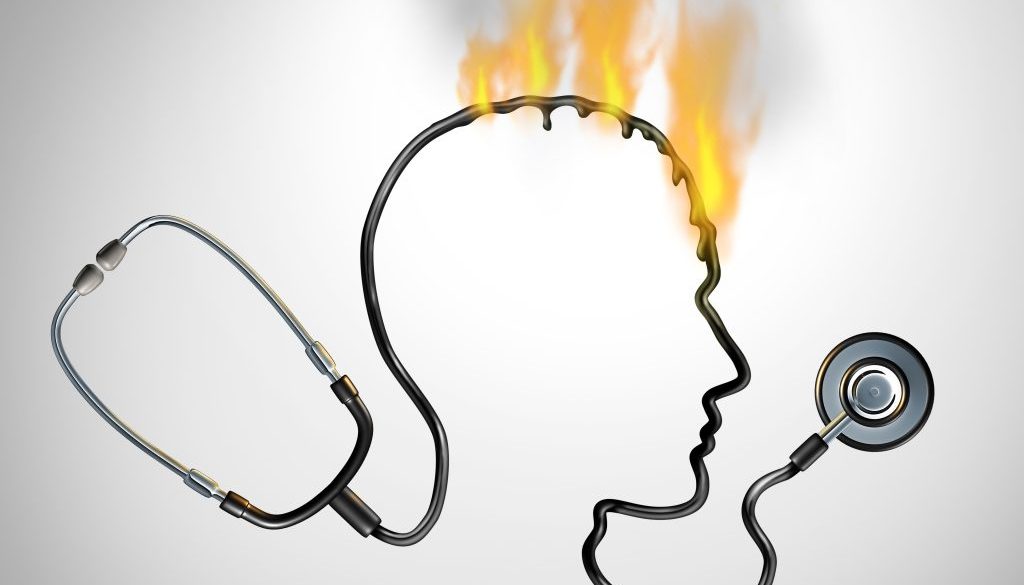Physician Burnout- 9 Driving Factors
Physicians are burned out. They are committed professionals who work tirelessly to care for their patients. However, they also face various challenges that affect their physical and mental well-being. Despite these obstacles, they continue to provide quality care and positively impact people’s lives. By recognizing and addressing the issues contributing to physician burnout, we can support these heroes and ensure they have the work-life balance and autonomy they need to thrive.
Here are some of the challenges that contribute to physician burnout:
1. Heavy workload and long working hours
Physicians are often required to work long hours and see many patients daily. Because salary is directly tied to the number of patients seen, there is incentive to see as many patients as possible, as quickly as possible. This leads to physical and mental exhaustion. According to the 2018 Average Physician Hours Worked Per Week, the average physician workweek is around 50 hours, with some specialties requiring even more.
2. Administrative burdens
Every patient visit, phone call, procedure, and test requires and order and documented report. The transition from paper to electronic medical records made documentation more complicated. In addition, insurance prior authorization are cumbersome, time consuming, and have not been shown to improve the quality or decrease the cost of medical care. More time documenting means less time focused on patient care. According to the Medscape Physician Compensation Report for 2023, physicians spend an average of 15.5 hours per week on paperwork and administration. This administrative burden is one of the top sources of career dissatisfaction among doctors, with 58% reporting that bureaucratic tasks are their top cause of burnout. Delegating more and using technology can help.
3. Lack of autonomy and control
Physicians may feel frustrated by having limited control over their work environment. Examples include being unable to make patient care decisions or feeling micromanaged. Moving from private practice to employed models and heightened focus on productivity, compensation via RVUs have contributed to a lack of control.
4. Emotional demands of patient care
Dealing with sick and suffering patients, delivering bad news, and managing complicated medical cases can take an emotional toll on physicians. In one study, up to 79% of physicians reported experiencing either a serious work-related or personal traumatic event within the preceding year, yet less than half sought formal help. Providing support and normalizing help-seeking behaviors is essential to changing the culture.
5. Lack of work-life balance
Many physicians struggle to balance their demanding work schedules with personal and family responsibilities, leading to feelings of burnout.
6. Insufficient support and resource
Physicians may feel unsupported by their organizations or need more resources to provide high-quality patient care, leading to frustration and burnout.
7. Perceived lack of appreciation or recognition
Physicians may feel undervalued or unappreciated by their colleagues, patients, or healthcare organizations, leading to disillusionment and burnout.
8. High levels of stress and pressure
The constant pressure to perform at a high level, meet productivity targets, and deliver quality care in a fast-paced healthcare environment can lead to high levels of stress and burnout among physicians.
9. Physician Burnout vs Moral distress
Physicians may experience moral distress when they are unable to provide the level of care they believe their patients deserve due to systemic or organizational constraints, leading to feelings of frustration and burnout.
Coaching can be an effective tool for addressing the causes of physician burnout. By serving physicians, coaches can help them develop strategies to manage their workload. Coaches can also provide stretegies to improve twork-life balance, communication and leadership skills. Physicians can learn to manage administrative and organizational challenges. Finally, coaching can also provide physicians with a safe space to process their experiences. Overall, coaching can play a crucial role in promoting physician well-being.





